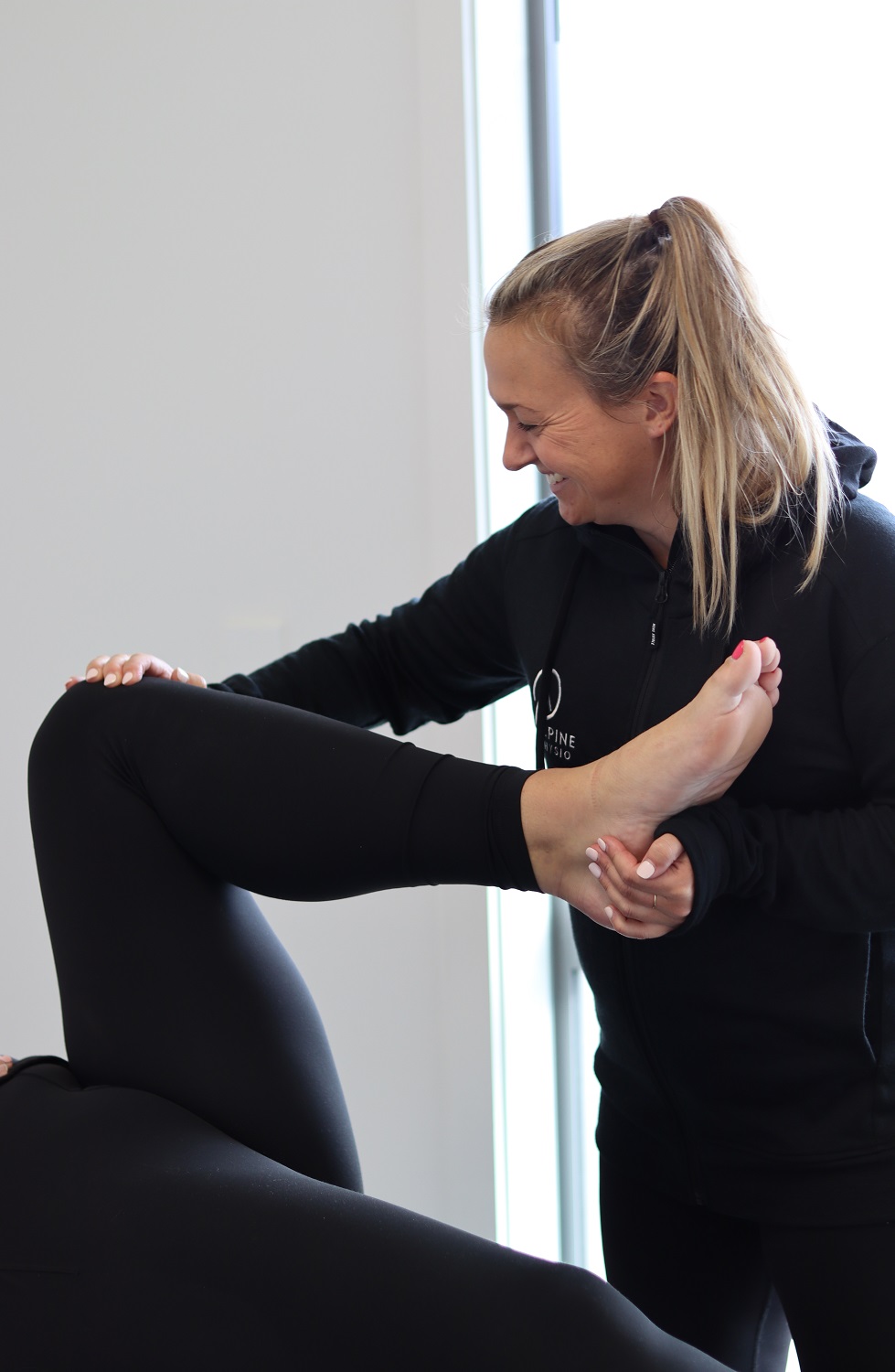Knee pain is one of the most common musculoskeletal complaints affecting people of all ages and lifestyles. Whether it’s from injury, arthritis, overuse, or poor biomechanics. Knee pain can significantly impact daily activities and quality of life. While traditional physiotherapy approaches often involve exercises and stretches aimed at improving strength and flexibility, a more modern and holistic method is gaining popularity—physiotherapy-led Reformer Pilates.
Reformer Pilates is a low-impact exercise system designed to improve flexibility, strength, and posture while focusing on alignment and muscle control. When led by a qualified physiotherapist, Reformer Pilates can be tailored to address specific musculoskeletal issues, including knee pain. This form of Pilates, practiced on a specialised piece of equipment known as the Reformer, uses springs, pulleys, and straps to provide resistance and support during exercises. The beauty of Reformer Pilates lies in its versatility and adaptability for individuals of all fitness levels, including those dealing with chronic pain.
How Physiotherapy-Led Reformer Pilates Helps with Knee Pain
- Targeted Muscle Strengthening
One of the most significant ways Reformer Pilates helps with knee pain is through strengthening the muscles that support the knee joint. The quadriceps (front thigh muscles), hamstrings (back thigh muscles), glutes (buttocks), and calves play crucial roles in stabilising the knee. Weakness in any of these muscles can lead to poor knee alignment and increased strain on the joint, exacerbating pain.
With the guidance of a physiotherapist, Reformer Pilates exercises can be tailored to target these muscles specifically. By gradually increasing resistance and performing controlled movements, individuals can rebuild strength, restore balance, and improve joint function. Stronger muscles reduce the load on the knee joint and enhance overall stability, reducing the likelihood of pain and injury.
- Improved Flexibility and Mobility
Knee pain often arises from weak muscles and restricted movement around the joint. Reformer Pilates helps improve flexibility by gently stretching and lengthening the muscles surrounding the knee. For example, exercises that focus on the hamstrings, hip flexors, and calves can enhance mobility in the lower body and improve the range of motion in the knee.
Better flexibility also leads to better posture and alignment, which can reduce the strain placed on the knee joint during everyday activities. As a result, those with knee pain can experience a reduction in discomfort and an improvement in their ability to move freely.
- Better Joint Alignment and Posture
Reformer Pilates emphasizes the importance of proper alignment during exercises, which directly impacts how the body moves and functions in daily life. When performed under the supervision of a physiotherapist, the exercises are tailored to help individuals align their bodies correctly, which promotes healthier knee mechanics.
For example, physiotherapists will often focus on improving pelvic alignment and posture during exercises. When the pelvis is aligned correctly, the forces placed on the knee joint are more evenly distributed, preventing undue stress. By improving posture and alignment through Pilates, people with knee pain can experience relief and even prevent future issues.
- Low-Impact and Gentle Movements
Knee pain can often make it difficult to engage in high-impact exercises like running or jumping. Reformer Pilates, however, is a low-impact exercise system that avoids the jarring movements that can irritate painful joints. The reformer apparatus provides controlled resistance, allowing individuals to perform movements that are gentle on the knee joint while still being highly effective.
This makes Reformer Pilates an ideal option for individuals recovering from knee injuries or those with chronic conditions such as arthritis. It allows them to exercise safely and build strength and mobility without further aggravating their condition.
Conclusion
Physiotherapy-led Reformer Pilates offers a comprehensive and effective approach to managing knee pain. By strengthening the muscles that support the knee, improving flexibility and mobility, enhancing joint alignment, and providing a low-impact workout, this method can help individuals not only find relief from knee pain but also prevent it from recurring. Working with a qualified physiotherapist ensures that the exercises are tailored to individual needs, making it a safe and highly beneficial option for anyone suffering from knee discomfort. Whether you’re recovering from an injury or seeking to alleviate chronic pain, Reformer Pilates could be the key to improving both your knee health and overall well-being.




0 Comments